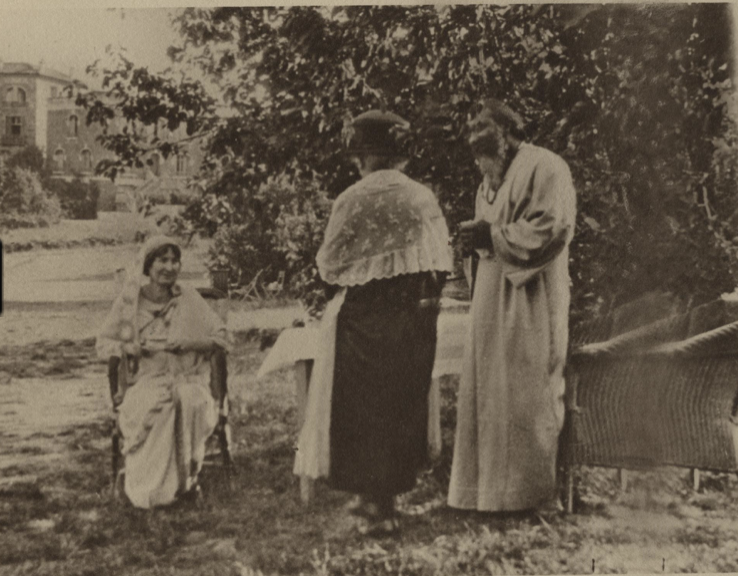Heritage
and
PHILOSOPHY
During his years of travels in Europe and the United States, Hazrat Inayat Khan gave many lectures, all of which were recorded. From 1922 to 1926 he held summer schools at Fazal Manzil, during which he distilled the quintessence of his teaching, a subtle flavour of his native India reinterpreted in the light of the Western spiritual ideals of his time.
Gathered under the name of “The Sufi Message”, his lectures were published in 14 volumes and are a constant source of inspiration for spiritual seekers. His musical teachings found in The Mysticism of Sound and music have also inspired many musicians, including John Coltrane.
The legacy of this master musician-philosopher who, for a few short years, shed light on the meaning of human life continues through the work of different organisations which were created after his death.
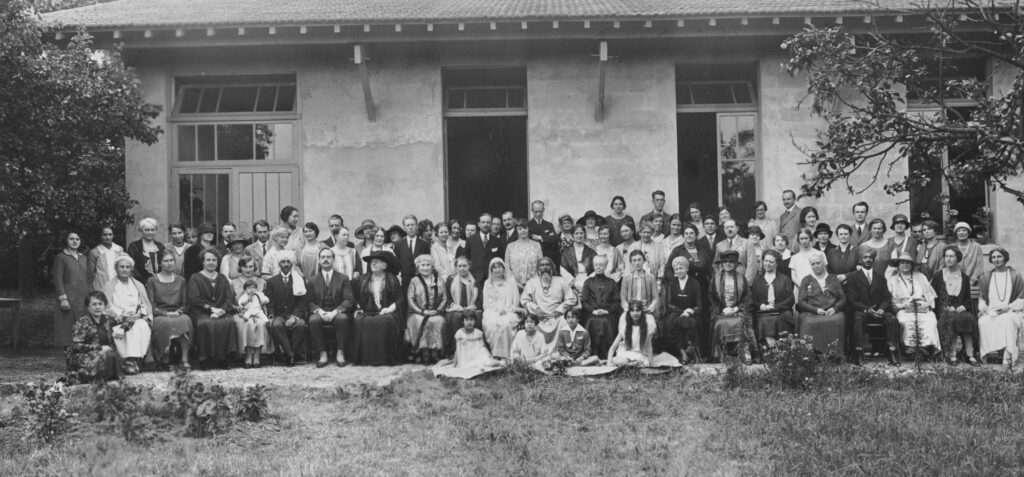
Unity of Religious Ideals
Throughout its history, the Indian subcontinent has been home to multiple religious currents: Hinduism, Zoroastrianism, Buddhism, Islam, Sikhism and others. The teaching Inayat Khan gave reflected the full extent of humanity’s spiritual challenges. In his lectures, he touched on a wide variety of subjects – religion, the arts, music, ethics, philosophy, psychology, health and healing. Yet his work retains a great unity, because it is constantly nourished by the conviction of divine oneness, which makes his teaching relevant to people of all faiths. Indeed, one of his major themes is his description of the “unity of religious ideals” and the underlying harmony of the revelations of the prophets and teachers of all the great religions. As he often stressed, “Sufism removes the boundaries that divide different religions by bringing to light the wisdom that unites religious beliefs.“
Putting thought into action, he opened his school of wisdom to people of all faiths.
Even today, the currents that emerged in his wake offer access to Sufi practices and wisdom without ethnic or religious distinction.
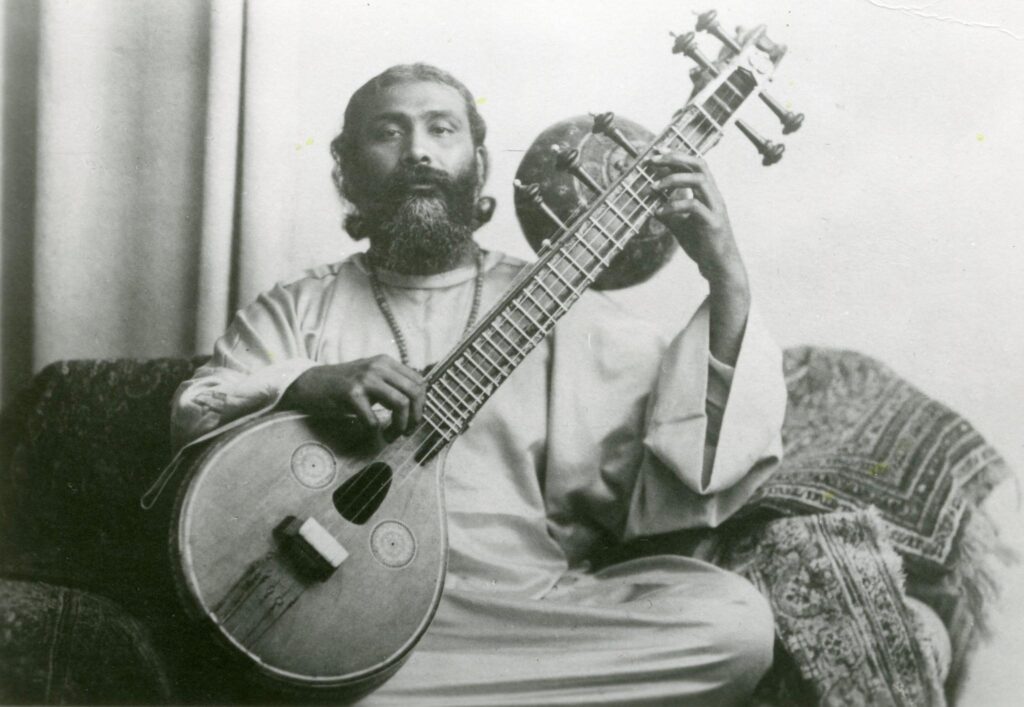
Purpose of Life
Character development, or the ‘art of personality’, are common themes on the spiritual path in India. They found a strong resonance in the turn-of-the-century Western circles in which Inayat Khan moved. The emergence of psychological research and the development of knowledge about the unconscious resonated with the idea of the spiritual development of the human being as a subject and not just as a passive member of a dogma.
For Sufis, the heart is the mirror of the soul, and the spiritual work consists of cleansing the impurities from this mirror so that the divine light can be reflected in it.
Inayat Khan identifies that what is reflected in the heart is due to conditioning. He explains that the original purity of the soul is covered by an uninterrupted stream of impressions received from upbringing, beliefs, events and experiences.
For him, to absorb impressions without discernment is to fall victim to circumstances. In his teachings, he describes the mechanisms that condition the personality, emphasising that freedom and creativity require the exercise of the will. To filter impressions consciously is to express creatively the uniqueness of one’s personality and the soul associated with it.
The metaphors of birth and growth, seed and fruit, recur frequently in his lectures and writings. The growing plant is dynamic, the fruit of the plant is the result of a process of development.
Botanical imagery is adapted to express another Sufi theme: the realisation of the divine essence through human experience. The result is a spiritual psychology that values the freedom and creativity of the human subject and sees the development, expression and refinement of the personality as a goal of existence. This is what Hazrat Inayat Khan called “spiritual freedom”.
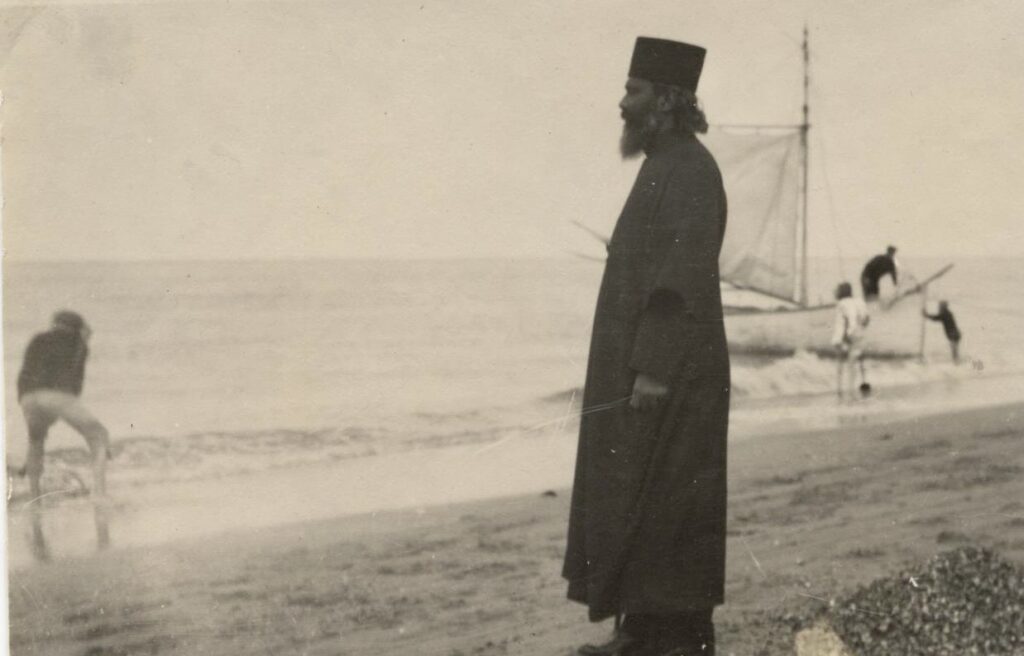
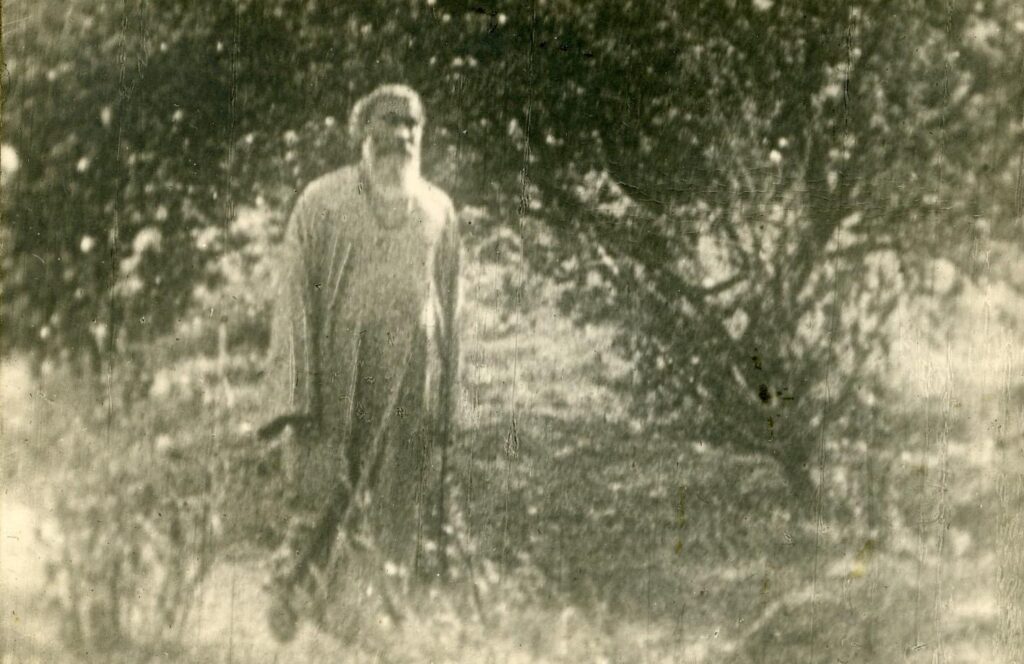
Divine Presence
This is the main objective of Inayat Khan’s teaching. To this end, he drew up a list of ten fundamental principles that set out the universal spiritual values that underpin his mystical philosophy.
- There is only one God, the Eternal, the One Being; there is nothing other than God.
- There is only one Master, the guiding Spirit of all souls, who constantly leads his disciples towards the light.
- There is a Holy Book, the sacred manuscript of nature, the only writing that can enlighten the reader.
- There is only one religion, unwavering progress in the right direction towards the ideal, which fulfils the purpose of every soul’s life.
- There is only one law, the law of reciprocity, which can be observed by a disinterested conscience and an awakened sense of justice.
- There is a Brotherhood and a Sisterhood, the human brotherhood that indiscriminately unites the children of the earth in the Kinship of God.
- There is only one moral: love, which springs from self-sacrifice and blossoms in acts of charity.
- There is only one object of praise, the beauty that lifts the hearts of its worshippers through every aspect, from the visible to the invisible.
- There is only one truth, the true knowledge of our being, inside and out, which is the essence of all wisdom.
- There is only one path, the annihilation of the false ego in the real, which raises the mortal to immortality, and in which all perfection resides.
